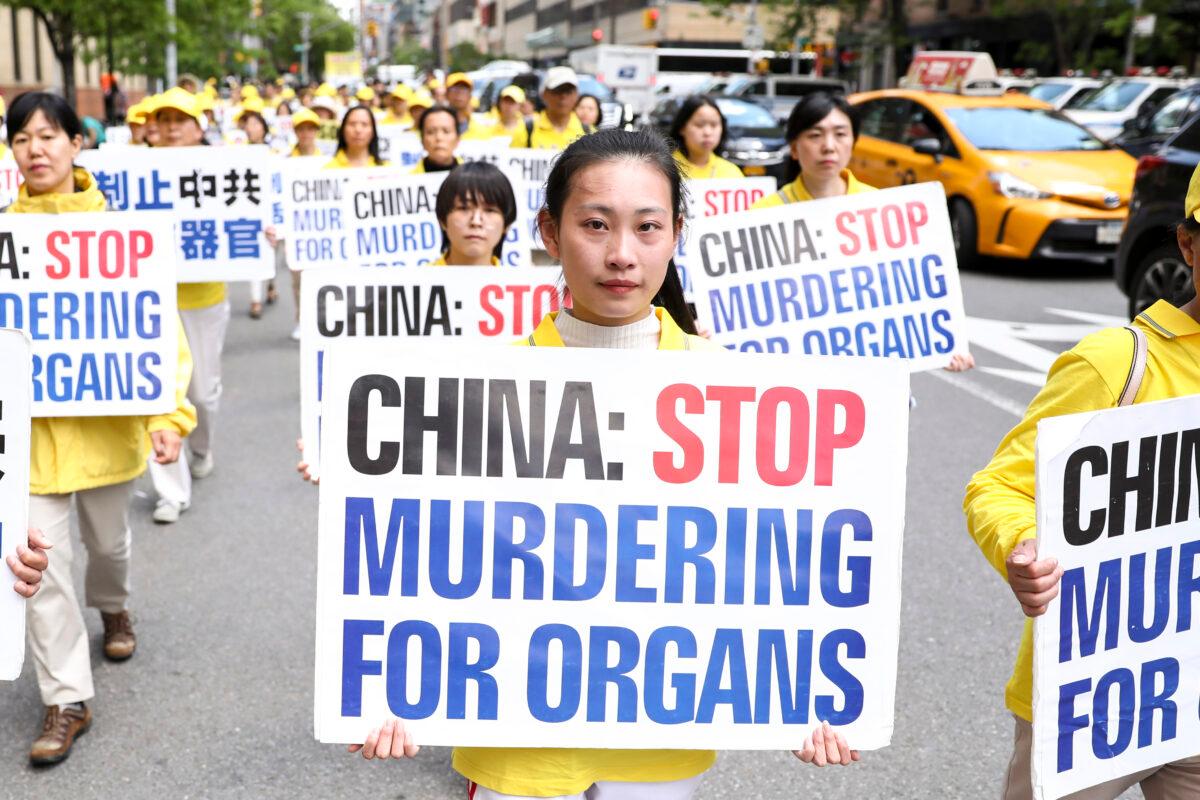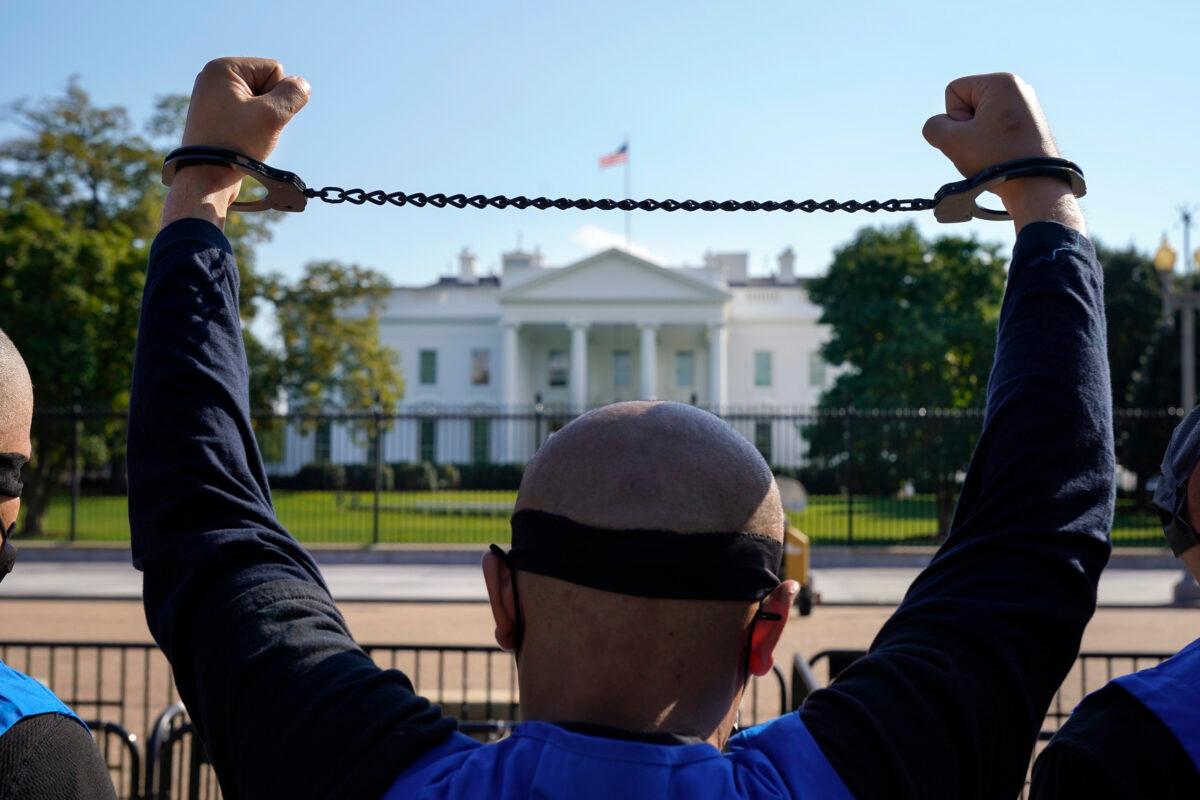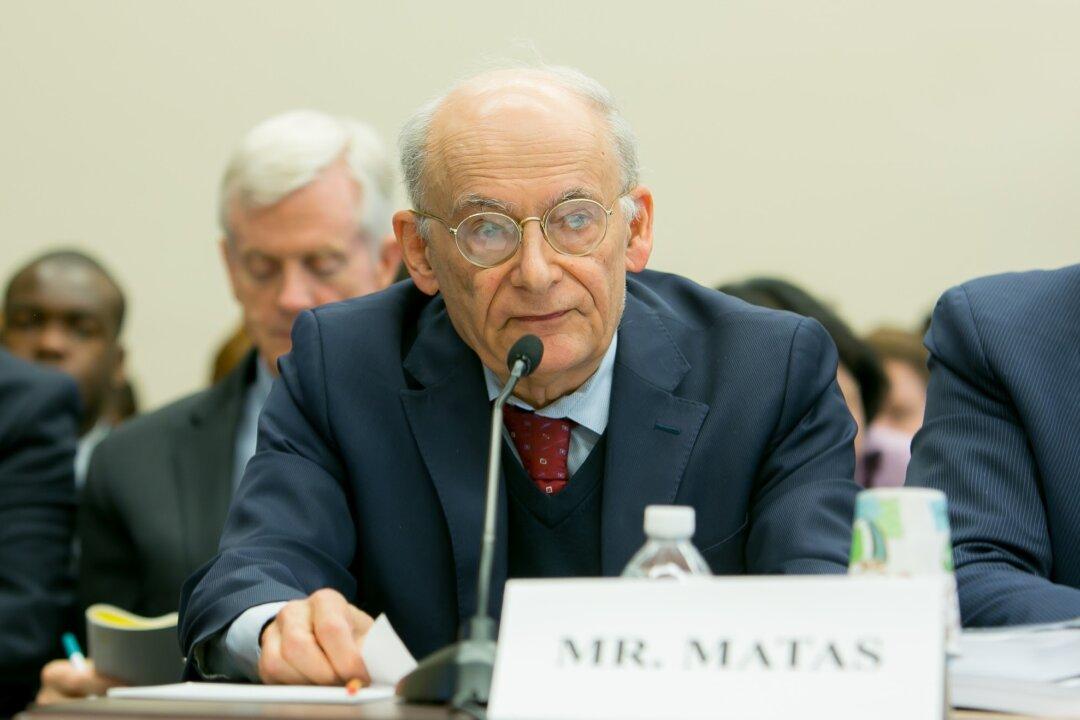He is known to the Uyghurs, Falun Gong practitioners, and other oppressed minorities in China for his battle against the regime’s human rights violations and courageous investigations into brutal organ harvesting.
David Matas, a Canadian lawyer and human rights defender, has become the first to be awarded the Global Humanitarian Leader of the Year award by the human rights group Canadians in Support of Refugees in Dire Need (CSRDN).
The CSRDN works with the Canadian government to bring relief internationally and provide an opportunity for a new life to those in desperate need. This award is given to individuals or organizations for distinguished contributions in promoting the values of integrity, equality, and respect for international law.
Organ Harvesting in China

Matas, along with former Edmonton MP David Kilgour, were jointly nominated for the 2010 Noble Peace Prize for their investigation of the Chinese regime’s persecution and forced organ harvesting of practitioners of Falun Gong, a type of spiritual cultivation from the Buddhist tradition.
“I value the award because it gets publicity to the issues that I am concerned about and it also give credibility to the positions that I’ve taken,” Matas told The Epoch Times.
The Evolution of Atrocity: From Falun Gong to Uyghurs
Today, fifteen years after the report was released, the Chinese Communist Party (CCP) has continued and even accelerated such acts, Matas says.“It’s accelerating because the transplant capacity in China keeps on increasing, and with a real obvious increasing [in] alternative resources besides prisoners of conscience,” Matas said.
He said that although the CCP still uses Falun Gong practitioners for organ harvesting on a mass scale, the population of the group has “depleted” over time and the CCP has been looking for additional sources, such as the Uyghur population.

The organ harvesting industry in China has developed more sophisticated technologies and supply chains for distributing the extracted organs.
“In 2006, there wasn’t an organ distribution system nationally, and everything, all organs are being sourced locally. That really made the Uyghurs who are in Xinjiang not that easily accessible,” Matas said.
The Magnitsky Act, a Global Human Rights Effort
The Global Magnitsky Human Rights Accountability Act, a bipartisan bill that expanded on the Sergei Magnitsky Rule of Law Accountability Act of 2012, has been used to address human rights violations around the world. Sanctioned offenders can be banned from entering the United States and their assets can be frozen.Canada also enacted its version of the Magnitsky Act in 2017, but it has not been used to address any human rights issues in China.
Matas said the use of this legislation is an encouragement for victimized communities and can show that the Canadian government cares about what is happening to them.
“Identifying perpetrators is a step towards bringing them to justice. Once named, they cannot be unnamed. Naming under the Magnitsky legislation is a signal that justice awaits the perpetrators, whether it comes sooner or later,” he said.
“Naming disincentives the crime. Others will think twice to avoid their also being named. Not naming has the opposite effect, giving perpetrators a free ride, telling them that mass criminality has no adverse consequences. That is not a message we should want to give.”
“I would encourage people to get informed, get involved,” Matas concluded.





